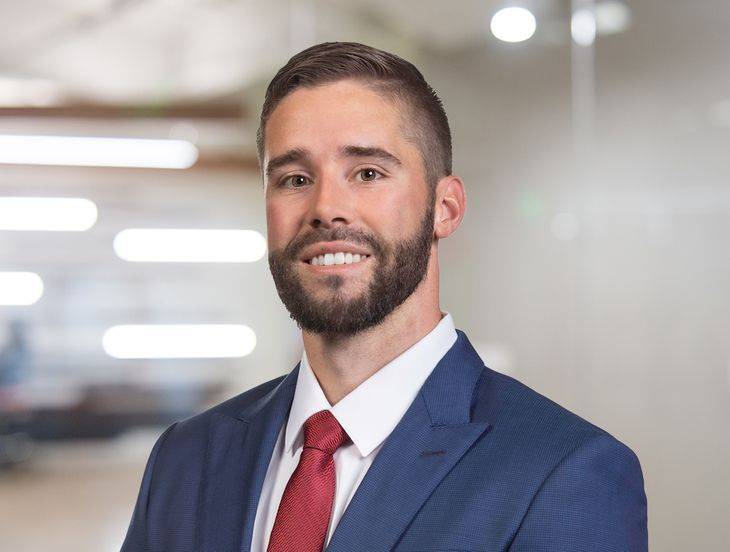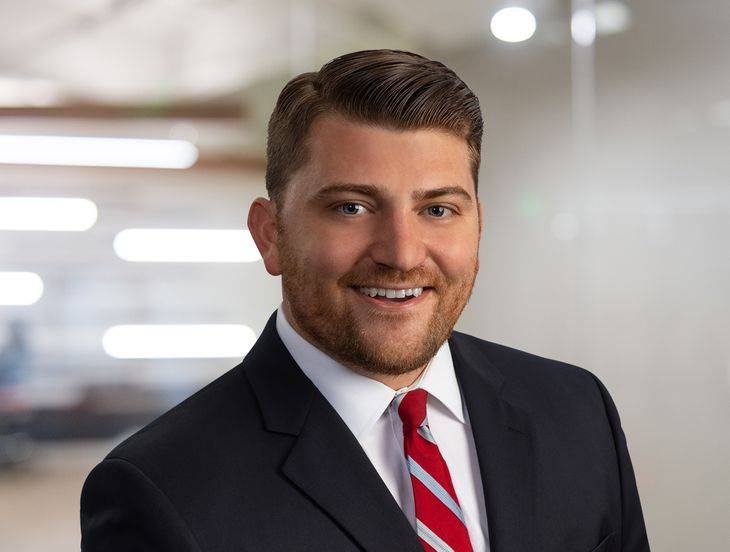Starting QB Leaves Undefeated Team Over NIL Dispute: 5 Things Universities and Collectives Should Do to Reduce Disputes and Legal Risk
Insights
10.01.24
A new NIL issue emerged last week as the starting quarterback for the University of Nevada Las Vegas (UNLV) left the undefeated Rebels over claims of unfulfilled verbal promises allegedly made to him by an assistant coach. While name, image, and likeness (NIL) legislation has changed the college athletic landscape, this development raises a host of new and unique compliance issues that athletic departments and NIL collectives may not be prepared for. What happened – and what five things can universities and collectives do to avoid a similar fate and reduce legal risk?
Alleged Verbal Promise Leads to Disrupted Season
Matthew Sluka transferred to UNLV after several successful years at Holy Cross. His agent claims that an assistant coach at UNLV verbally promised Sluka $100,000 to convince him to choose the Rebels, assumedly to be paid by UNLV’s NIL collective. But because the alleged offer was verbal and never formalized, each side has a different version of what happened.
- Sluka’s father and agent say that he was told he’d start receiving the promised money in installments once he enrolled in school and the season got underway. Sluka’s father said that school and collective representatives told him several times that the money would be forthcoming but kept delaying payment dates.
- The Friends of UNLV collective said there were “no formal NIL offers made during Mr. Sluka’s recruitment process,” and that it did not “agree to any NIL offers while he was part of the team.”
- UNLV said that Sluka’s agent made “financial demands upon the University and its NIL collective in order to continue playing,” which it interpreted as a violation of the NCAA’s pay-for-play rules and state law.
What isn’t up for debate is that Sluka announced on September 24 that he would leaving the school in order to retain his eligibility to play one final year of college football at a different school in 2025. The departure left UNLV in a state of disruption at a critical juncture of their season. At the time Sluka left, the team was 3-0 for the first time in 40 years and ranked No. 23 in the AFCA Coaches Poll, the first time in program history it has been ranked in any major poll. (Note that UNLV won their first game this weekend after Sluka’s departure to remain undefeated and is now also ranked No. 25 in the AP Poll.)
So what are the five things schools and collectives do to minimize the chances of a similar problem on your campus?
1. Make All NIL Agreements in Writing
NIL laws and NCAA rules specifically prohibit offering deals to recruits as an inducement, commonly known as “pay for play.” In the past three years, a wave of NIL collectives have been formed that are closely affiliated with universities. The urgency to connect with student-athletes entering college or in the transfer-portal has increased the risk of disputes arising from verbal conversations. Collectives and any third-party entering into an NIL Agreement should ensure that NIL Agreements are in writing to avoid any potential disputes. Your NIL Agreements should also include a merger clause signifying that the written agreement takes precedent over any verbal discussions.
2. Ensure Your NIL Agreements Comply with State law, University Policies, and FTC Requirements
An NIL Agreement should define the relationship between your brand and the student-athlete. Any such contracts should also ensure compliance with the Fair Trade Commission (FTC) rules and regulations for advertising products and services and state law. The FTC previously released a disclosure guide to assist with compliance for products and brands promoted on social media platforms. The FTC's rules and regulations place responsibility not only on promoters, but also on the brands that partner with them.
For example, student-athletes promoting products on social media must make it obvious when they have a material connection with a brand when making certain kinds of posts. A material connection may include a personal, family, employment, or other financial relationship such as a brand paying or giving free or discounted products or services to student-athletes. You should take reasonable steps to outline the student-athlete’s obligations in this regard and require they agree in writing to comply with this rule.
Additionally, NIL Agreements must comply with state law and any university policies. Any athletes who enter into a contract for use of their name, image, or likeness must disclose the existence and terms of the contract to the university they attend. Additionally, athletes may be prohibited from entering into compensation contracts for use of their NIL if a contract term conflicts with any other contracts to which their universities are a party.
Many universities have published NIL policies that student-athletes and third-party companies must follow. Some of these policies include but are not limited to:
- The use of university or athletic department-related marks, logos and other intellectual property;
- the use of university or athletic department facilities;
- waiver of liability forms; and
- the disclosure of any NIL agreement to the university.
You may want to confirm in writing that the student-athlete agrees to satisfy these legal obligations so that you don’t get dragged into a legal challenge should they fail to comply.
3. Develop Clear Boundaries
Besides outlining the duration of the relationship, your NIL Agreements should contain clear expectations regarding social media posts, approval protocols, and competitor restrictions. It is also important to ensure your written agreement confirms the correct legal classification of the student-athlete as they related to your business – they remain at all times an independent contractor and are not employee of your business. You will also want to work with your legal counsel to ensure your relationship with the student-athlete in fact doesn’t veer towards an employee-employer arrangement regardless of your written contract.
4. Consider Conduct and Other Provisions
You may also want to include provisions requiring athletes to conduct themselves professionally and for exclusive content control. Additionally, you may want to include “claw back” provisions that would sever or alter the business relationship triggered by a transfer of schools or other material changes to the student-athlete’s marketability.
5. Understand Legal Risk Arising From Verbal Statements
University and NIL Collective employees should also be trained regarding the legal risk that can arise from making verbal statements regarding NIL offers. Even if a NIL contract is not signed, claims can arise out of allegations related to unfulfilled promises, thwarting other business opportunities, or improperly inducing someone to enter into or terminate a contract.
Employees may create liability for universities and collectives if they are engaged in the course and scope of their employment. You should train your employees regarding legal liability arising from discussing NIL offers and understand that NIL Agreements may not release them from liability.
What’s Next?
State legislatures have prioritized amending NIL laws to stay competitive in this new era. These laws affect how involved schools can be with NIL opportunities for student-athletes as well as govern liability for university employees and officials. Stay up to date with proposed changes in NIL laws in your prospective state.
Conclusion
If your institution has additional questions regarding NIL, feel free to reach out to your Fisher Phillips attorney, the authors of this Insight, another member of our Sports Industry Group, or any member of our Higher Ed Team. We’ll continue to monitor the status of developing NIL legislation and will provide updates as warranted, so make sure you are signed up for Fisher Phillips’ Insight service to receive the latest news directly in your inbox.
Related People
-
- Michael E. Bonner
- Associate
-
- Brett P. Owens
- Partner

